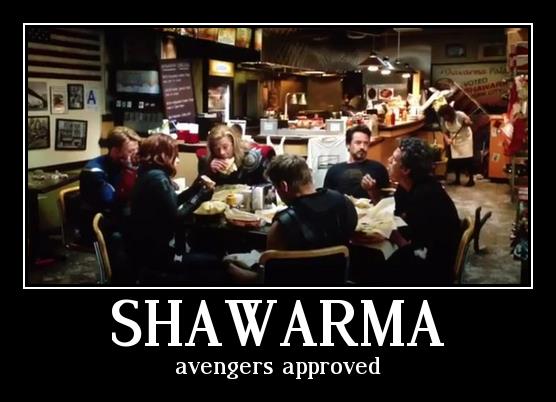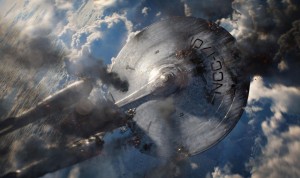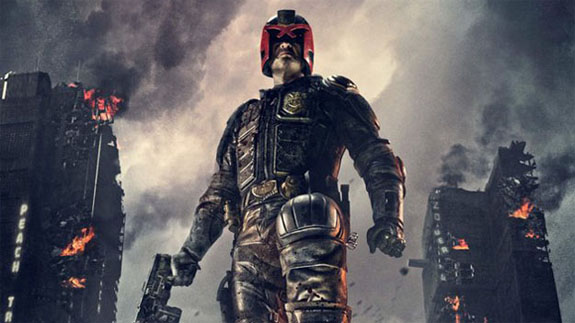
AVENGERS ASSEMBLE ... for snacks.
Yeah, okay: The Avengers is one of the better superhero movies out recently. This is faint praise, though, kids, so let’s stop acting like the fact that a movie starring Thor of all things is somehow fantastic just because it’s made with a bit of verve and cleverness. It is clever, and I did enjoy it, but it’s just a good movie. If someone hands you hundreds of millions of dollars, Robert Downey Jr, and Scarlett Johansson’s ass and you can’t even make a good movie, you are Fail on two legs, my friend.
So, here’s a few things I liked and a few things I disliked about this movie. Disclaimer: I do not read comics and barely know who any of these people are.
LIKED: The character bits. Whedon did make me feel like all of the characters were actual beings with motivations and personalities, and not just HEROES with POWERS, SHOUTING all the time! Even Thor, who is a ridiculous character on a good day, is distinct from the other folks. Even Hawkeye, who, as written in the movie has very little to do aside from glower and shoot arrows, comes out at the end with something resembling a personality. The result is that the final climatic battle, whatever other flaws it has, at least has the Avengers acting as a coherent unit in ways that make sense, whereas most blockbuster movies just have the heroes fighting the villains in chaotic, loud ways. The Avengers have a captain (Captain America, naturally) who is trained in military tactics and techniques, so it makes sense that he takes charge of organizing the team. They put the flying heroes in the air, the guy with the superhuman marksman’s eye on top of a building for aerial intelligence, and the Hulk is used the only way he can be: As heavy armor. They work together in ways that make sense.
LIKED: The way Whedon got past the fact that all these folks are, after all, superhuman. In most superhero movies the heroes are just too powerful; it’s difficult to drum up any drama. When Superman shows up, after all, how can he be defeated? Usually they solve this problem by making the villain(s) just as powerful, but this reduces the final fights to exaggerated brawls and that’s always kinda boring. In The Avengers, however, they solve this neatly: The villains are never portrayed as the equals of The Avengers. Loki is a cowering fool who’s no match for anyone in a fight, and his mooks from another dimension are easily torn up even by the Black Widow, who’s using nothing more than a handgun, martial arts, and her bosoms. But here’s the genius: The bad guys just keep coming. Whedon does a good job of showing each Avenger being worn down over the course of the final battle. Sure, they keep slaughtering the alien army, but the alien army just keeps coming. Whedon makes a point of showing each Avenger being pushed to their limit by sheer exhaustion: Even The Hulk ends up cornered by a dozen of the aliens, who pour fire on him, slowly adapting their tactics. Captain America is bleeding and panting. Black Widow is bleeding and barely able to stand. Even Thor is winded and bleeding. Iron Man is low on power and his suit of armor is dented and torn up. These guys just can’t go on forever, and that’s exactly how long they would have to. This is a clever way to surmount the fact that your characters are demigods.
LIKED: The Hulk. They made him the funniest part of the film, and that was absolutely a genius call.
DISLIKED: The endless middle part on the helicarrier. MY GOD. It was about six lifetimes long, and if Whedon used that endless tract of nothing to deepen the characters and illuminate their relationships, I still died a little inside waiting for something to happen. Could have trimmed it significantly without too much loss.
DISLIKED: The fact that there are two visually-identical Hulks in this movie. Did I miss something, or wasn’t the whole point of the middle section on the helicarrier that Bruce Banner cannot be trusted, and that if he turns Hulk he will SMASH them ALL into PIECES? And then he does turn Hulk and indeed he SMASHES everything to PIECES, including Boobs Widow. Who has a nice bit of PTSD afterwards, which is a nice touch. But then! At the very end, after falling out of the sky, Bruce Banner shows up at the final battle and all of a sudden he’s totally in control, yo, and can Hulk any time he wants. And when he does Hulk, he is totally still himself and can make jokes and punch Thor just to be funny, and save people, and makes no move at all to SMASH Boobs Widow. Strange, that. Also: Bad writing.
DISLIKED: The villains. The villains were awful. Loki and Thor’s innate ridiculousness aside (which is tough, because the ridiculous nature of those characters is huge and awesome in nature), Loki was a slightly stupid and very smug guy who never seemed to be in control in any real sense, and whose petulance reduced him to comic fodder by the end. The aliens were sort of dull. We knew nothing about them, learned nothing about them, and have no idea what in fuck they were. Is it asking too much for one villain, who gets just enough screen time to be fleshed out and made hateful? Apparently, yes. I think filmmakers should be forced to watch The Dark Knight and take notes on the character of The Joker when writing their villain characters.
Overall, though, the humor and deftness of the script won the day. Captain America saying “There’s only one God, Ma’am, and I don’t think he looks like that” (paraphrase) to Boobs Widow should have been a corny line that hit the floor with a clunk, but it works. They have six main characters but it never felt crowded, and none of the Avengers feels useless. The plot makes no fucking sense at all, of course (or, better said, the plot makes whatever sense you want it to because the MacGuffin at the center of it is vaguely magical and can do anything), but that is almost Standard Operating Procedure now, so why complain? Downey charms, Johansson spends the whole movie in a skintight outfit, and Mark Ruffalo gets the Best Line of Dialogue Written for a Hulk, ever:

HULK is kinda irritable.
What’s not to love?
Jeff Approves.
 So, saw Star Trek: Into Darkness today and it was very good. Extremely well made, wonderfully cast and acted, with a snappy script and an okay if not exactly marvellous plot. On a scale of One to Star Trek II: The Wrath of Khan, I’d give it a seven.
So, saw Star Trek: Into Darkness today and it was very good. Extremely well made, wonderfully cast and acted, with a snappy script and an okay if not exactly marvellous plot. On a scale of One to Star Trek II: The Wrath of Khan, I’d give it a seven.



